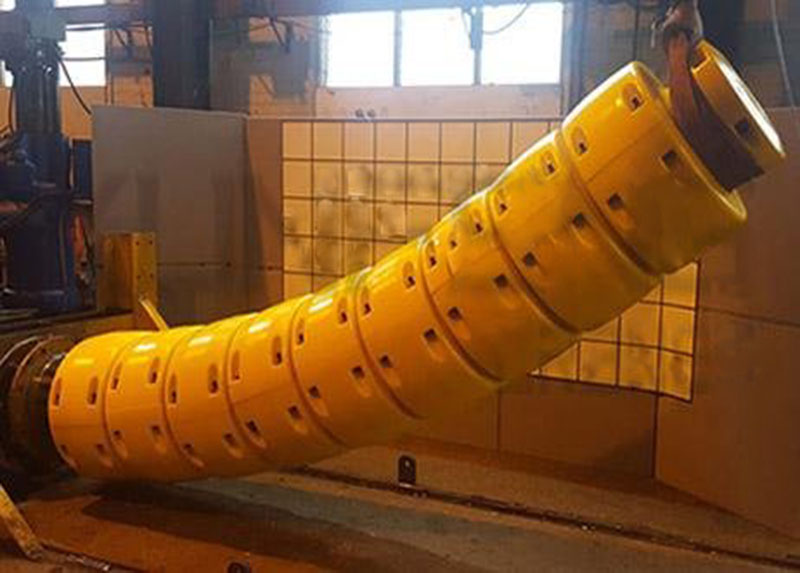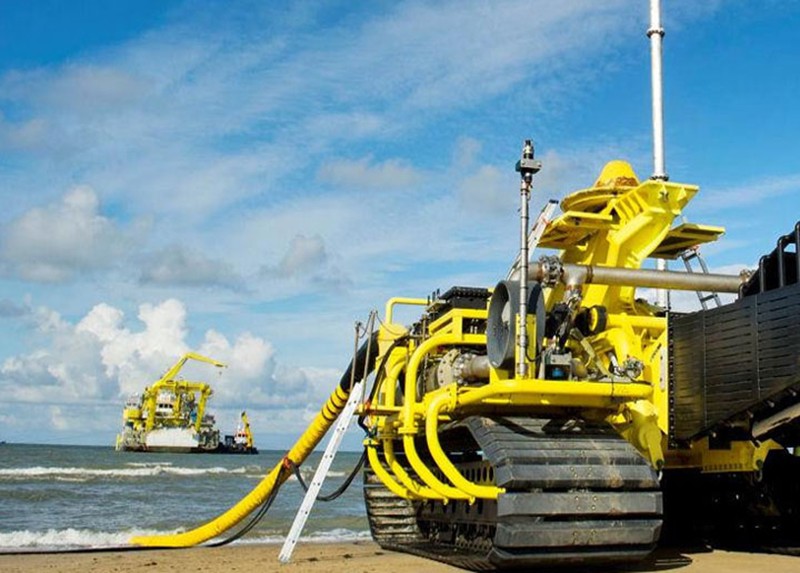Subsea Cable Bend Limiter Price
When it comes to protecting subsea cables from excessive bending, bend limiter plays a pivotal role. In this formal and logical discussion, we will delve into the structure of these devices, their specific applications, and ultimately, their pricing.

Structure of Subsea Cable Bend Limiter
Subsea cable bend restrictors are designed to constrain the bending radius of underwater cables, preventing damage that can lead to operational disruptions and costly repairs. They typically consist of a robust outer shell or frame, crafted from durable materials such as stainless steel or high-performance polymers. This shell encases the cable, ensuring that it maintains a safe and controlled bend radius. Some designs incorporate flexible elements or elastomeric materials that absorb energy and distribute loads, further enhancing protection.
Specific Application Scenarios
The importance of subsea cable bend restrictors becomes apparent when considering their diverse application scenarios. In offshore wind farms, they protect the delicate power and communication cables that connect turbines to substations, ensuring reliable energy transmission. In oil and gas exploration, bend restrictors withstand extreme pressures, temperatures, and harsh chemical environments, safeguarding critical infrastructure. They are also used in marine research and survey operations, where cables are deployed to collect data or perform tasks underwater.

Pricing Considerations
The price of subsea cable bend restrictors varies depending on several factors. The complexity of the design, the materials used, and the level of customization all contribute to the final cost. For instance, bend restrictors designed for extreme environments, such as offshore wind farms or oil and gas exploration, tend to be more expensive due to their enhanced durability and performance requirements.
In general, basic bend restrictors for less demanding applications may start at a few hundred dollars. However, as the level of customization and protection increases, so does the price. Highly specialized bend restrictors, tailored to specific application requirements, can cost several thousand dollars or more.
To obtain an accurate price quote, it is essential to consult with a reputable supplier or manufacturer that specializes in subsea cable bend restrictors. They will be able to assess your specific needs and provide a tailored solution, along with a detailed price estimate. By investing in high-quality bend restrictors, you can protect your subsea cables, minimize operational disruptions, and maximize the return on your investment.




